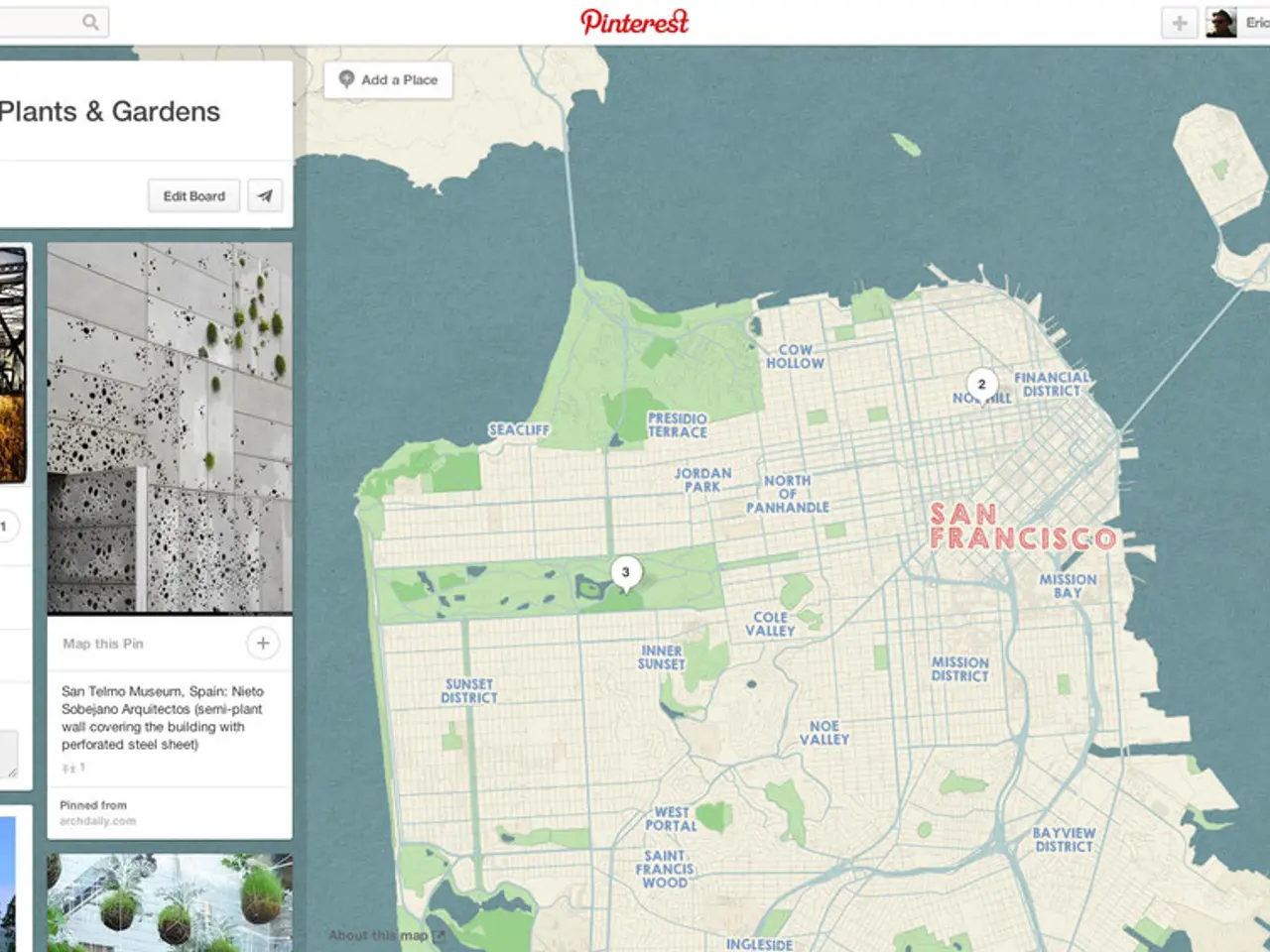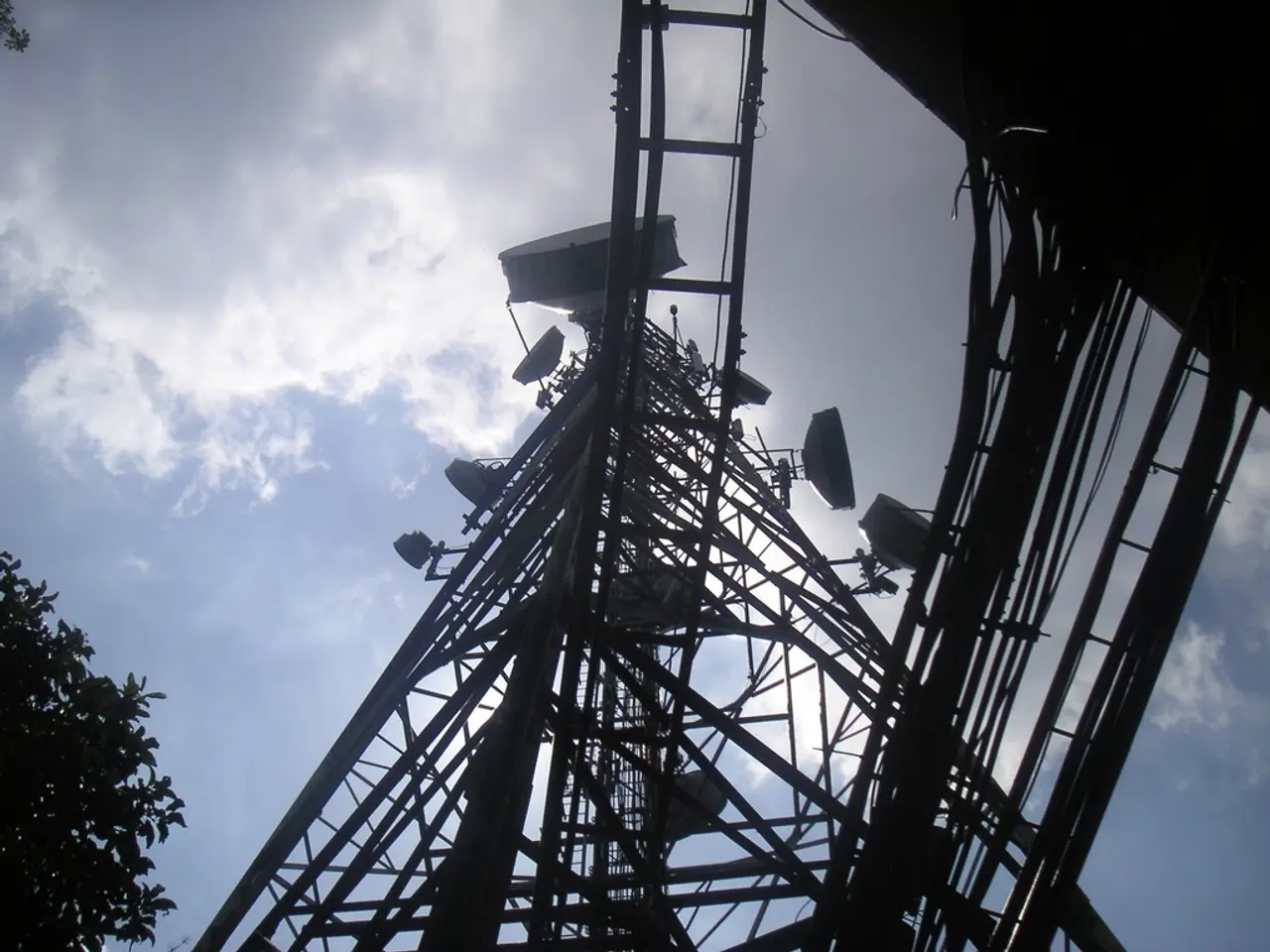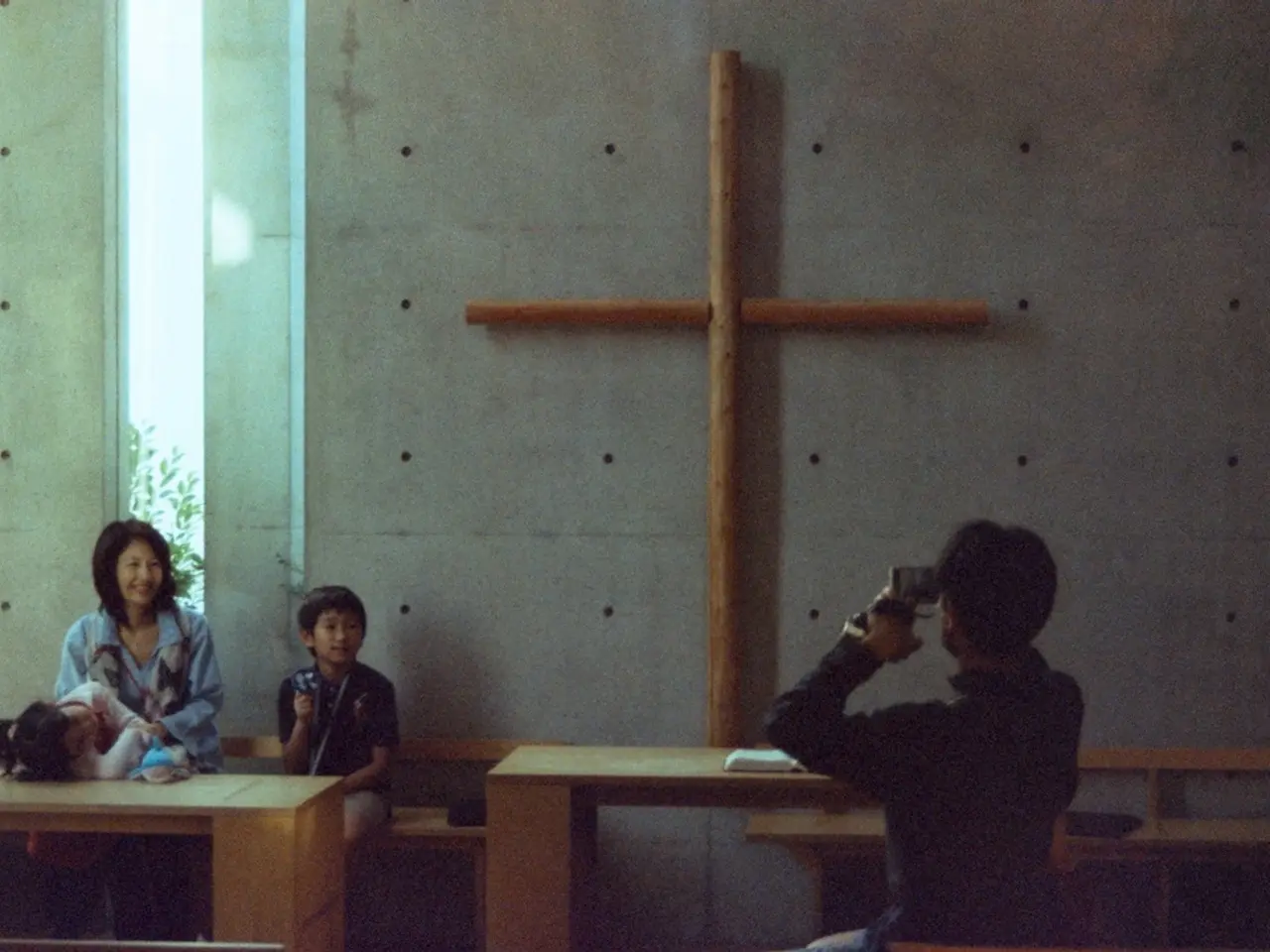Google's request for a high-precision map in Korea experiences another delay in decision-making
The South Korean government has delayed Google's request to export high-precision digital maps of the country, citing national security concerns. The maps at a 1-to-5,000 scale would provide detailed information on buildings, roads, and even sensitive facilities like guard posts at the Blue House (the presidential residence), which raises worries about exposing critical security infrastructures.
Specifically, the government fears that exporting such precise geographic data could potentially leak sensitive military or security-related information. This has led to previous rejections of Google's similar export requests in 2007 and 2016. Currently, the decision is postponed by another 60 days to allow further review of Google's proposals on how to mitigate these risks.
Google has argued that the requested 1:5,000 scale maps are not military-grade but rather "basic national maps" with minimal risk. However, the South Korean Land Ministry classifies the 1:5,000 digital topographic map as a high-precision map, contradicting Google's claim.
The government also insists that Google keep its map data servers within South Korea to enable prompt action if security issues arise. Google has countered by proposing measures such as blurring critical security facilities in satellite images, but this has not yet satisfied the government.
Domestic platform companies have expressed concern, arguing that the current 1:25,000 scale is sufficient for general navigation services and that Google's push for higher precision is unwarranted.
This delay also occurs amid broader trade tensions between South Korea and the United States, as well as upcoming diplomatic summits, suggesting a complex balance between national security priorities and economic or diplomatic pressures.
The National Geographic Information Institute (NGII) announced an extension of the review period by another 60 days, and the inter-agency council, led by the NGII, met on Friday to deliberate Google's request. The NGII plans to make a final decision after reviewing Google's forthcoming responses and consulting with relevant government bodies.
Land Minister Kim Yoon-deok reiterated in his July confirmation hearing that national defense and public safety must take precedence over diplomatic and commercial interests. The South Korean government's stance underscores the importance they place on maintaining the country's security in the face of potential risks posed by the export of high-precision digital maps.
[1] https://www.reuters.com/article/us-southkorea-google-maps-idUSKCN24P091 [2] https://www.koreatimes.co.kr/www/tech/2021/07/370_298323.html [3] https://www.koreaherald.com/view.php?ud=20210723000783 [4] https://www.bbc.com/news/technology-58104747 [5] https://www.zdnet.com/article/google-wants-to-export-high-precision-maps-of-south-korea-but-the-government-is-saying-no/
- The ongoing dispute between Google and the South Korean government over the export of high-precision digital maps raises concerns not only in the technology industry but also in the realm of finance, given the potential economic implications of this decision.
- Amidst heightening industry concerns and the need for a balanced approach between security and financial interests, the government's decision to delay Google's request for 120 days reflects their commitment to maintaining financial stability while ensuring national security.




